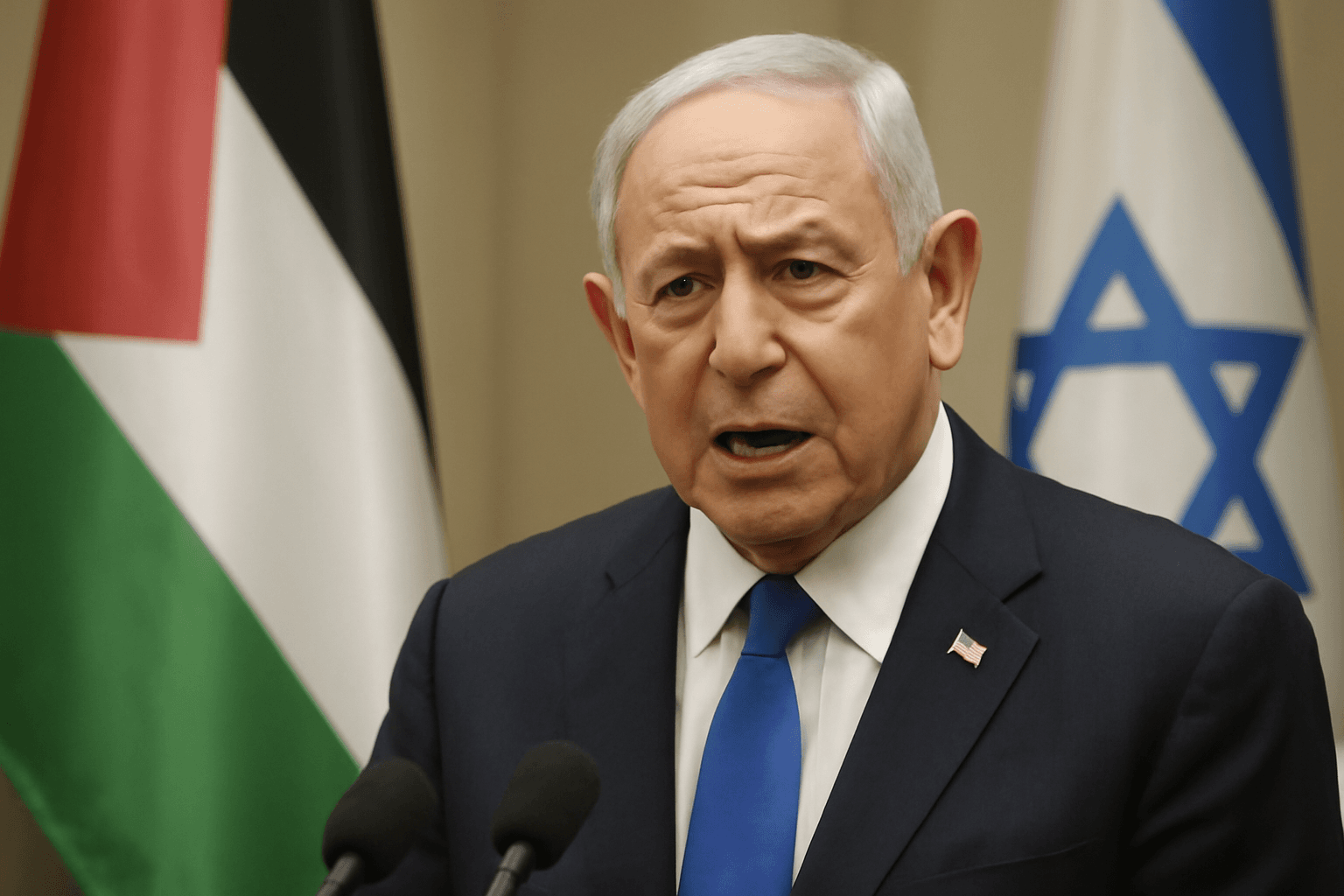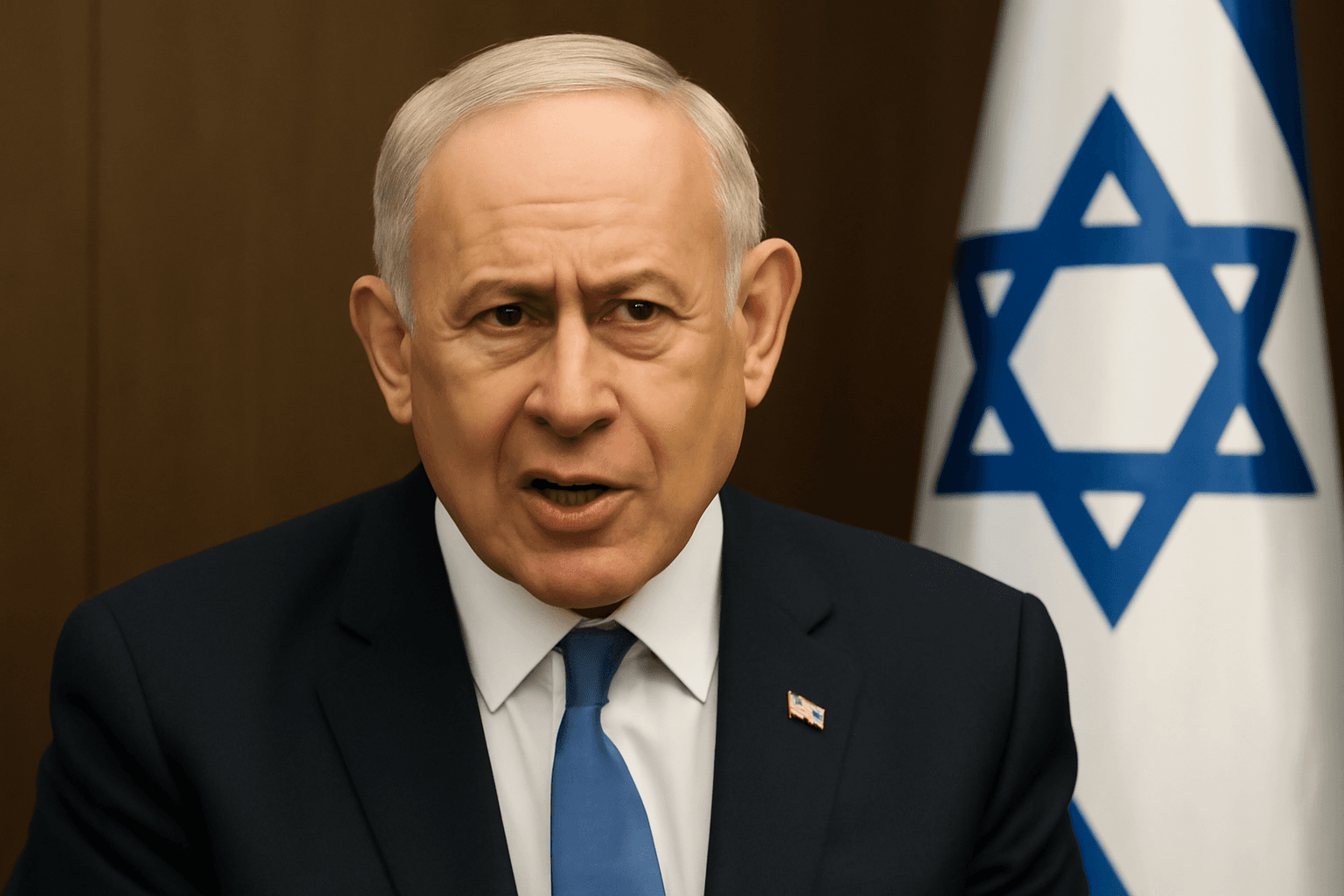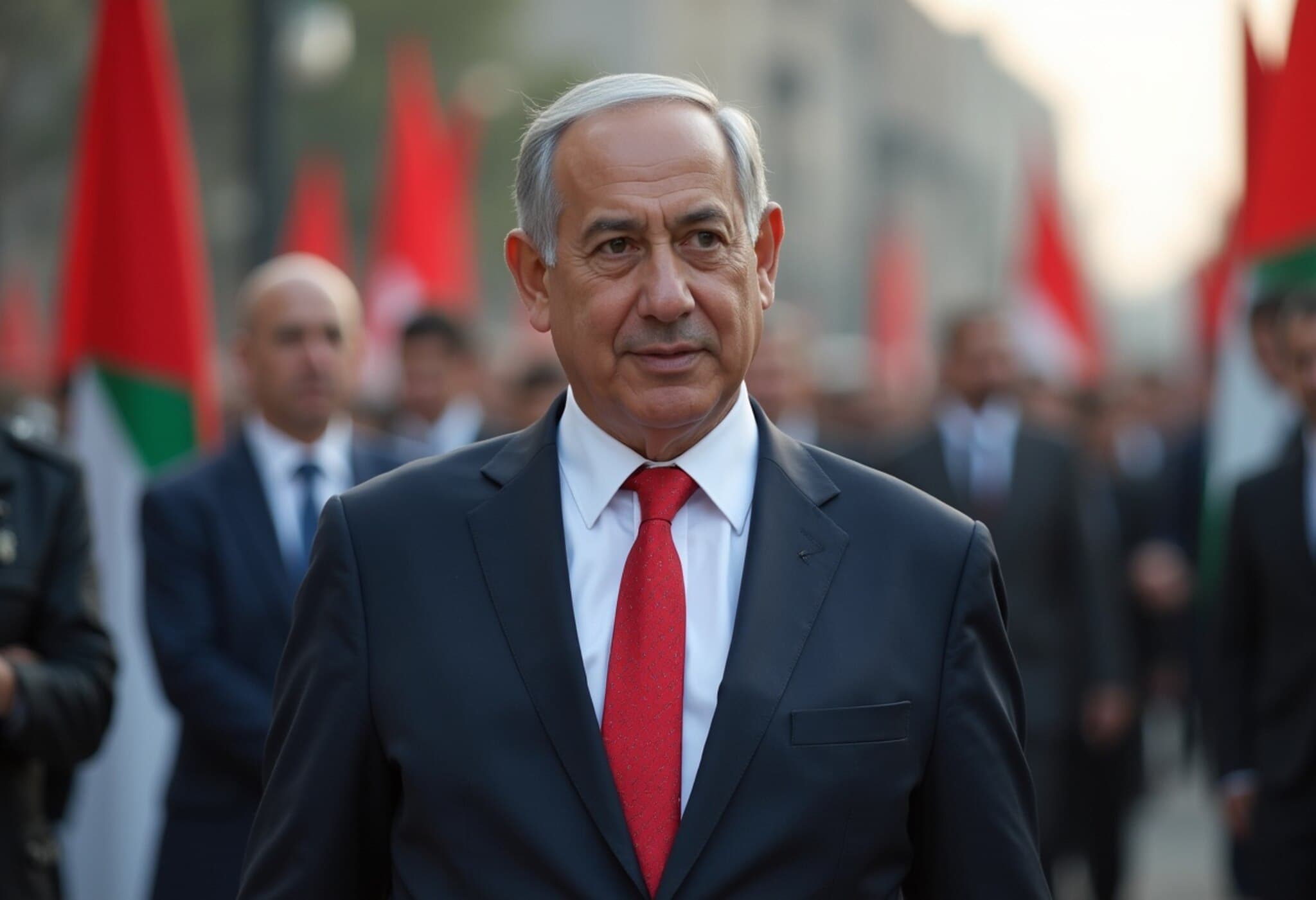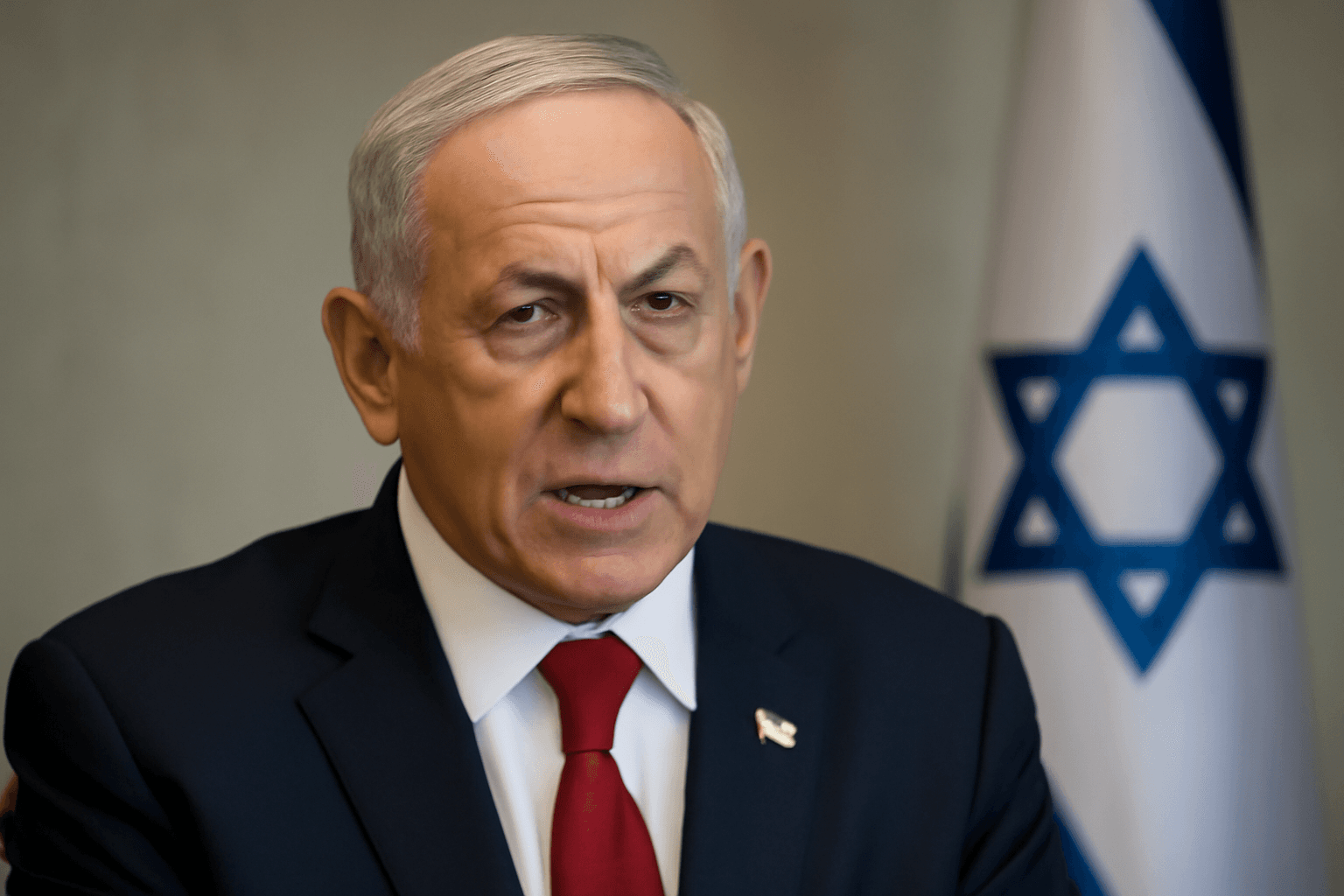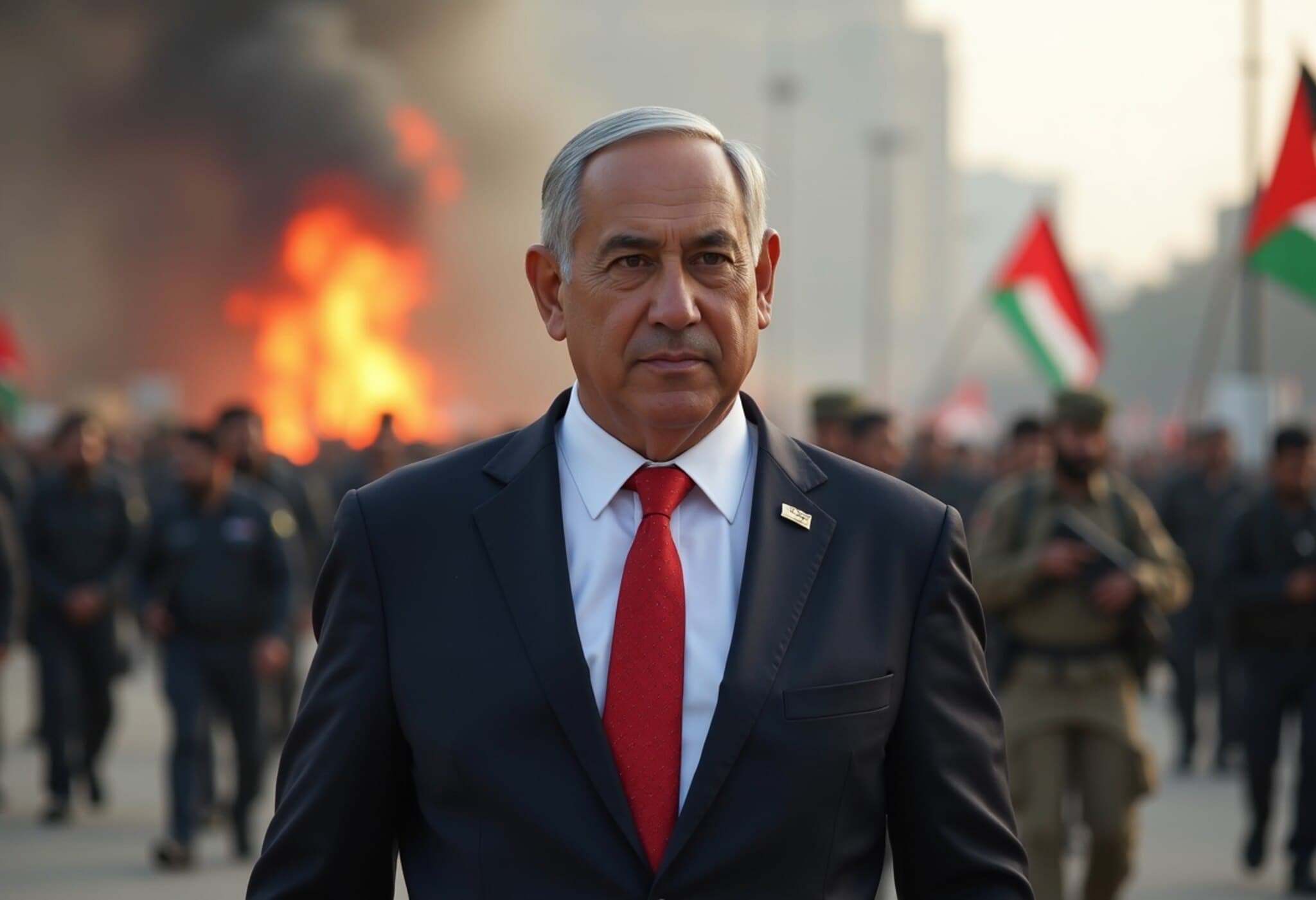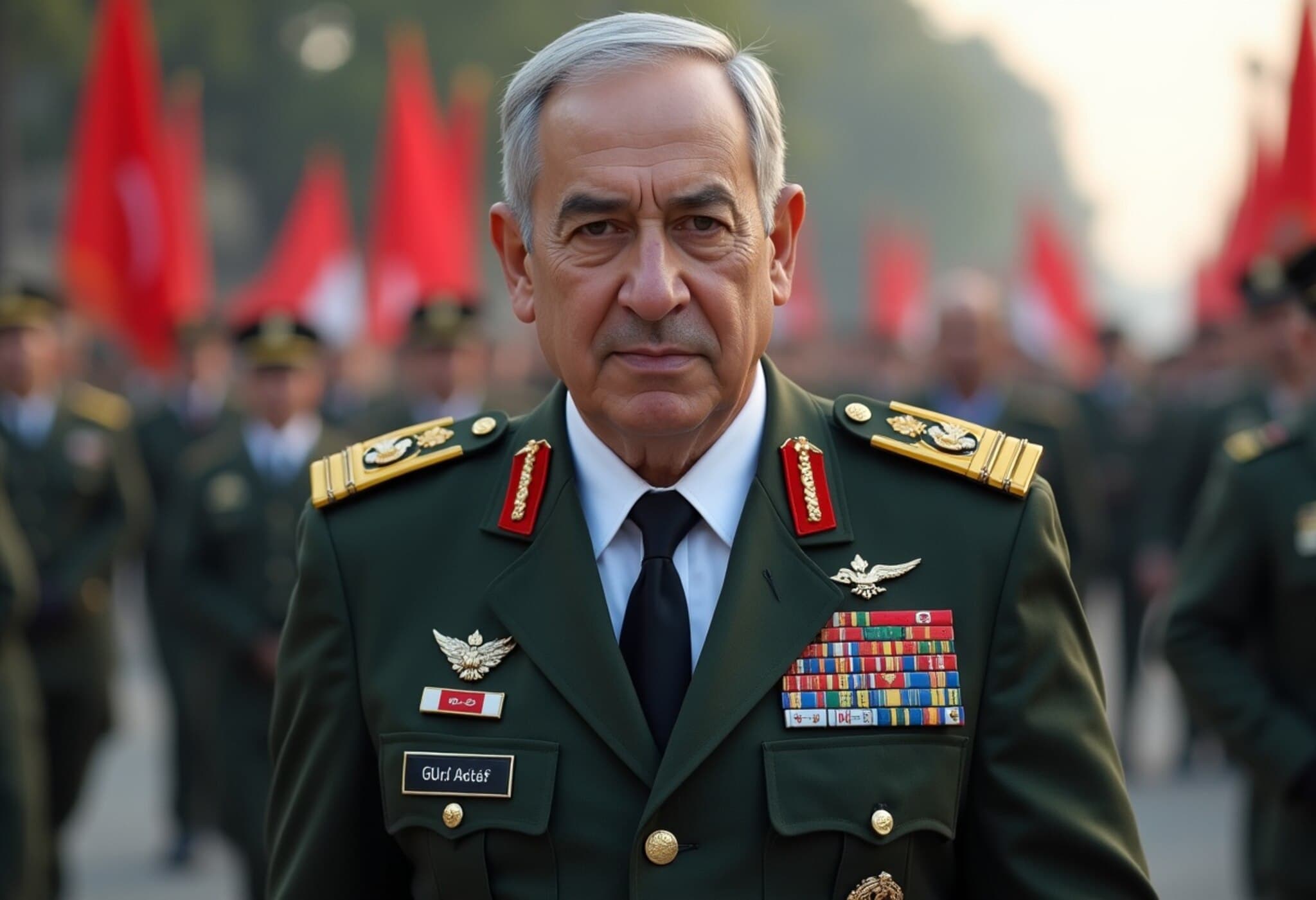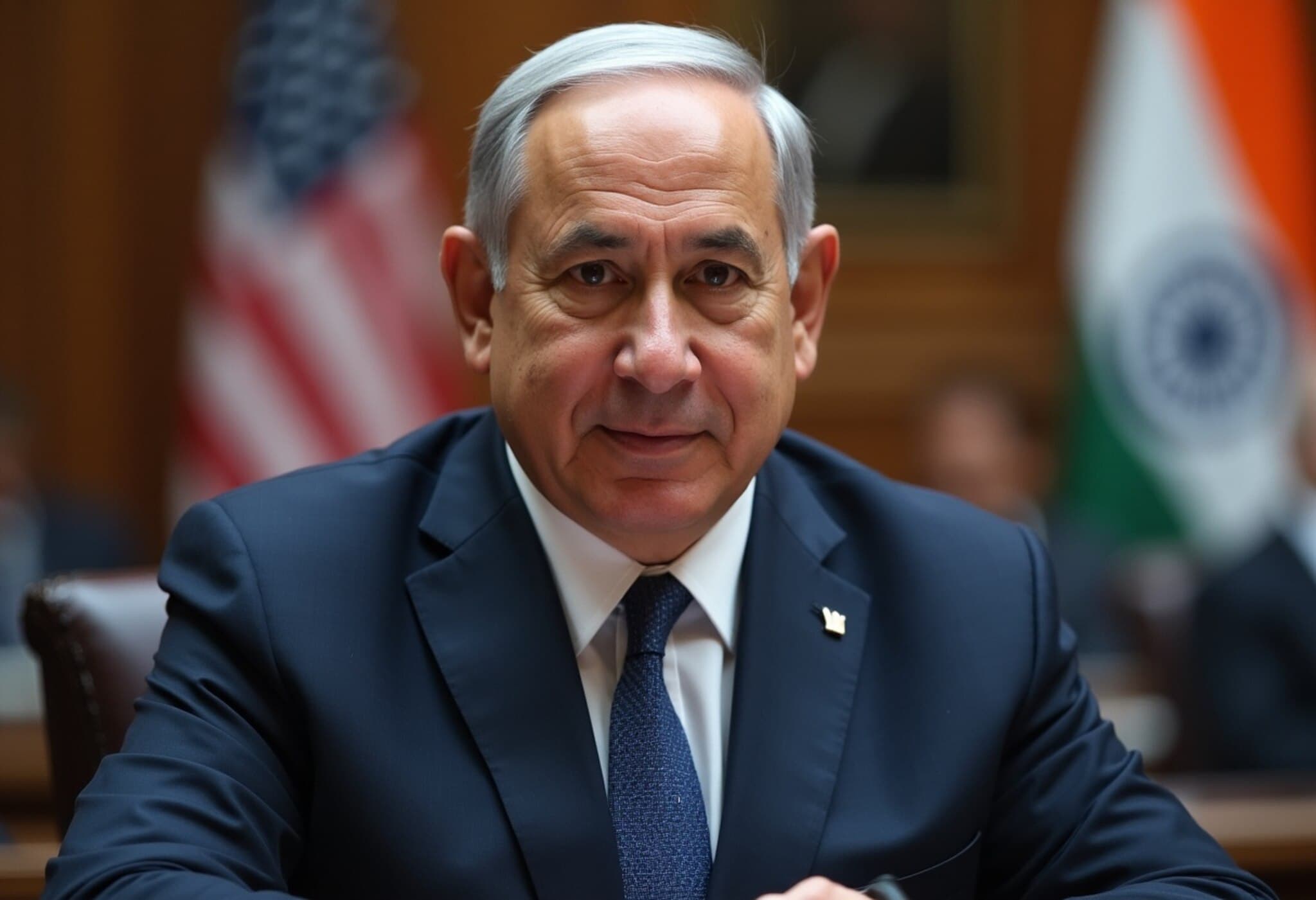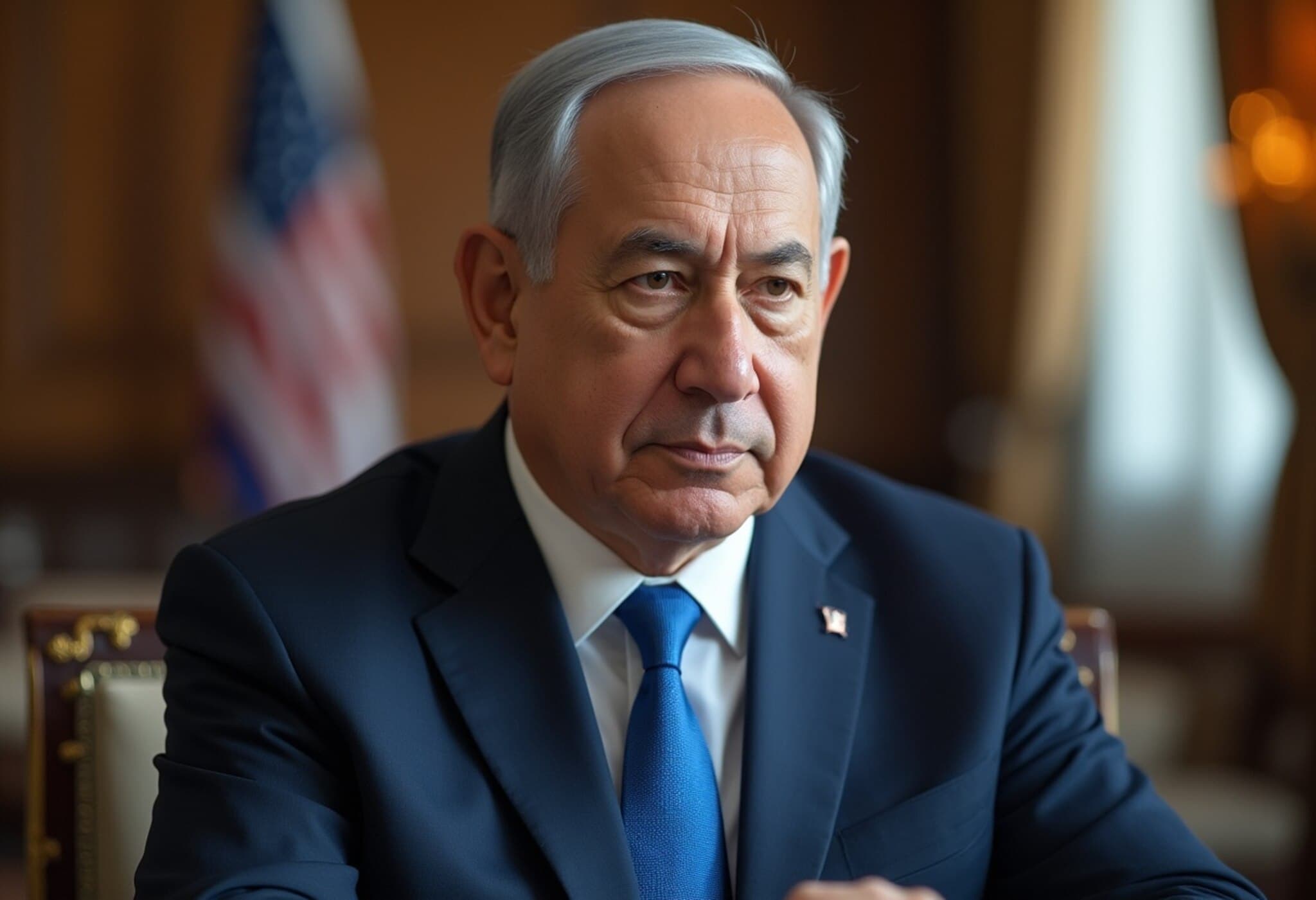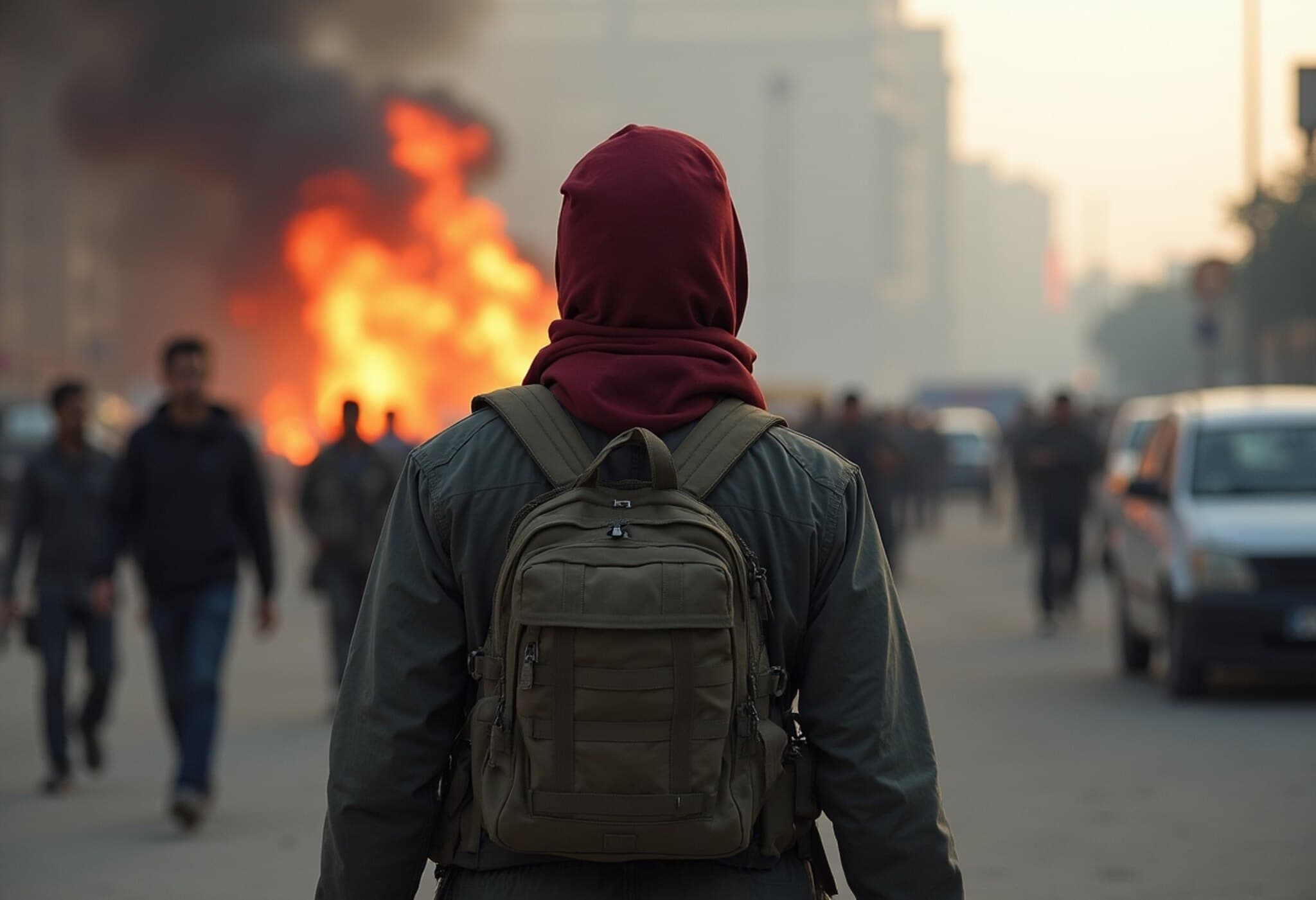Netanyahu’s Hardline Comments Strike a Nerve as Australia Weighs Palestinian State Recognition
In a tense and pivotal moment for international diplomacy, Israeli Prime Minister Benjamin Netanyahu sharply criticized Australia, calling its potential decision to recognize a Palestinian state "shameful". His remarks come just as Canberra appears poised to join other Western nations in backing Palestinian statehood during a crucial upcoming United Nations vote.
Contextualizing Netanyahu’s Rebuke
Speaking at a Jerusalem press conference, Netanyahu responded to questions from Australian Broadcasting Corporation correspondent Matt Doran about growing calls from Western leaders, including Australia’s Prime Minister Anthony Albanese, to formally recognize Palestine. Netanyahu framed his criticism around security concerns, invoking what residents of Australian cities like Sydney and Melbourne might do if faced with attacks similar to those inflicted by Hamas militants.
"They know what they would do if, right next to Melbourne or right next to Sydney, you had this horrific attack," Netanyahu said. "I think you would do at least what we’re doing – probably maybe not as efficiently and as precisely as we’re doing it."
His statement reflected a broader justification of Israel’s military campaign following the devastating October 2023 Hamas attacks, positioning it as measured and necessary, though this narrative remains fiercely contested internationally.
Political Ramifications in Australia
Netanyahu’s language—particularly branding Australia’s prospective recognition of a Palestinian state as "shameful"—has domestic repercussions. It hands political ammunition to opposition parties like the Liberals and Nationals, eager to challenge Albanese’s foreign policy stance. It also complicates Australia’s balancing act between supporting Israel’s security and acknowledging Palestinian aspirations.
Expert Insight: Dr. Emily Katz, a Middle East policy analyst based in Washington, notes, "Netanyahu’s direct targeting of Australia at this moment underscores his frustration with Western governments pivoting towards symbolic gestures of recognition. However, such sharp rhetoric risks alienating key diplomatic partners rather than swaying their policies."
The Complex Question of Palestinian Statehood
- Territorial and leadership ambiguities: With borders constantly contested and factions divided—most notably between Mahmoud Abbas’ Palestinian Authority in the West Bank and Hamas’s control of Gaza—the prospect of a unified, functional Palestinian state remains elusive.
- Security conditions: Western diplomatic consensus generally requires that any recognized Palestinian state must accept Israel’s right to exist and commit to non-violence. Recognizing Palestine prematurely could undermine this principle.
- Humanitarian crisis: Gaza’s ongoing humanitarian catastrophe, entailing tens of thousands of deaths and widespread displacement, has heightened calls internationally for symbolic acts like recognition to signal pressure on Israel for a peaceful resolution.
The dilemma for countries like Australia is striking a balance between moral responsibility and pragmatic security considerations, amid an increasingly volatile regional landscape.
Broader Western Realignment and Its Implications
Netanyahu’s standing among Western leaders has deteriorated over months of aggressive military action, with some governments reluctant to confront Israel’s policies earlier but shifting as civilian casualties mount. The potential Australian recognition of Palestine symbolizes broader Western frustration and a reevaluation of traditional alliances.
For Netanyahu, such moves challenge Israel’s diplomatic narrative and strategy, potentially ushering in increased isolation on the international stage. Yet, his confrontational approach, especially toward democratically elected governments such as Australia’s, risks pushing allies further away rather than fostering dialogue.
Looking Forward: The Diplomatic Tightrope
As Australia prepares for an expected United Nations vote on Palestinian statehood, the stakes are high. Albanese’s government must weigh domestic political pressures, the expectations of international allies, and the complex realities on the ground. Netanyahu’s blunt remarks, while reflecting deep Israeli skepticism about Palestinian state viability, may galvanize rather than dissuade Australia and others supporting symbolic recognition efforts.
Editor’s Note
This episode underscores the deeply entrenched complexities of Middle East diplomacy, where symbolic gestures such as recognizing a Palestinian state have outsized political and emotional weight. Netanyahu’s sharp public condemnation of Australia highlights the fragile nature of international alliances when security concerns intersect with human rights and aspirations for sovereignty.
Readers should consider: How should democratic nations balance support for Israel’s security with recognition of Palestinian self-determination? Can diplomatic engagement supersede confrontational rhetoric to foster a meaningful peace process? This debate is far from settled and remains central to global stability.

